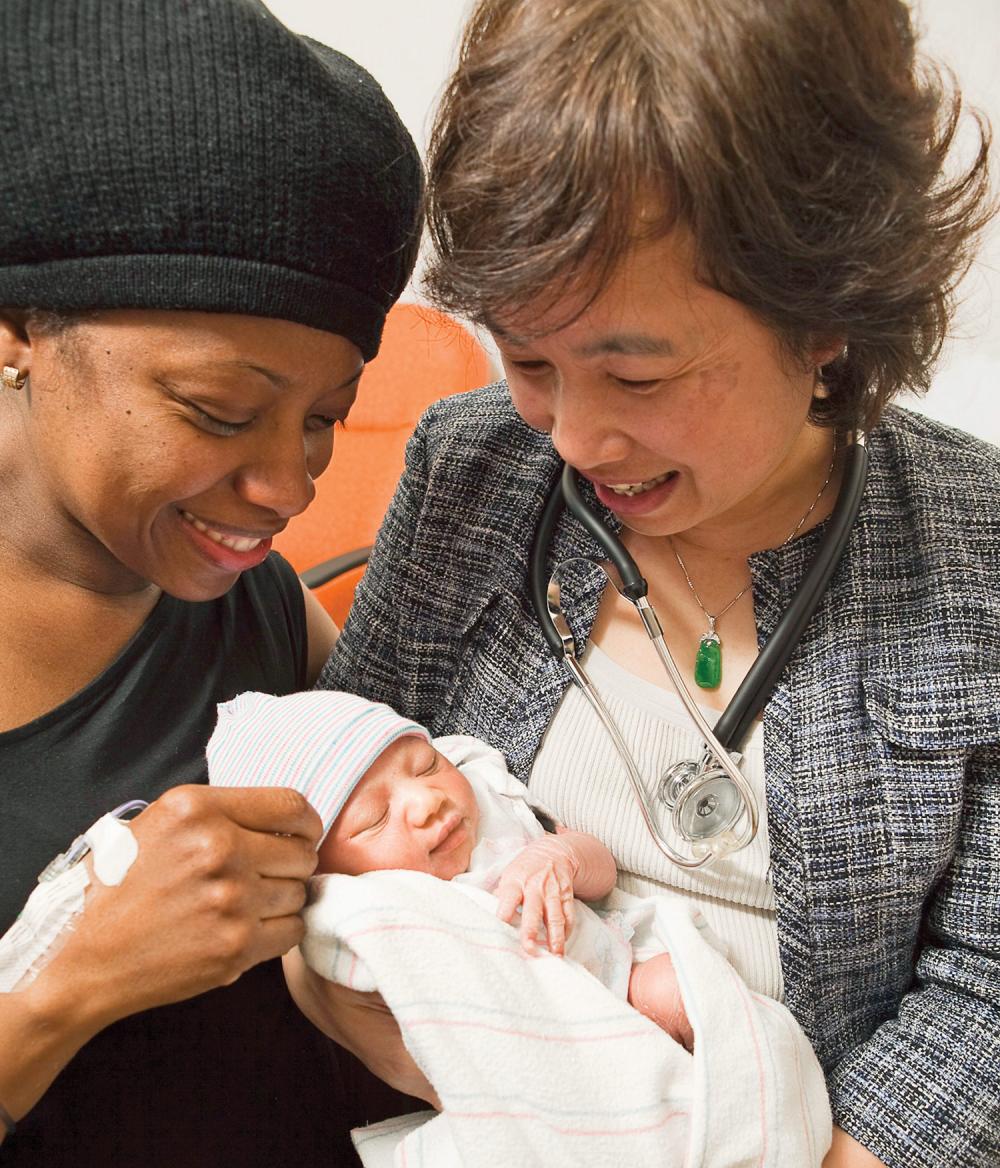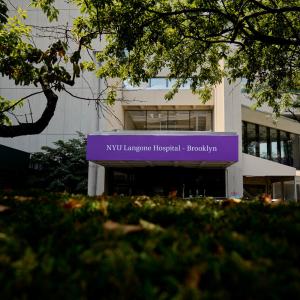NYU Langone Hospital—Brooklyn Revamps & Expands Services for Expectant Mothers
It’s a common refrain Brooklyn’s obstetricians and gynecologists hear from patients: “I want to have my baby delivered at a hospital in Manhattan because I’ll get better care there.” Indeed, more than half of the babies born at NYU Langone’s Tisch Hospital go home to Brooklyn. Now, in a bid to end the “fertility flight,” NYU Langone has launched a major effort to revitalize NYU Langone Hospital—Brooklyn’s Department of Obstetrics and Gynecology and modernize its facilities. The initial focus is on labor and delivery, the busiest unit. Nearly 4,000 babies were born at NYU Langone Hospital—Brooklyn last year. Some 5,200 deliveries are expected in 2017, due in part to several initiatives.
Guiding the ongoing efforts to improve clinical services is Ming C. Tsai, MD, who joined NYU Langone Hospital—Brooklyn in February as chief of obstetrics and gynecology. In his prior role at Bellevue Hospital Center, Dr. Tsai established safety protocols to elevate care in the labor-and-delivery unit— measures shown to reduce the rate of C-sections.
Now, during every shift, a patient safety officer—a senior attending physician who handles complications—is on duty to ensure that high-level expertise is always available. The unit’s support staff, meanwhile, has been expanded to provide 24/7 coverage, including the addition of 5 midwives, 5 physician assistants, and 20 nurses. “New mothers feel a bit fearful because childbirth can be unpredictable,” notes Dr. Tsai. “These measures provide another layer of safety.”
The emphasis on safety starts long before delivery. NYU Langone Hospital—Brooklyn’s seamless integration with NYU Langone’s highly regarded maternal–fetal medicine program, which treats high-risk pregnancies, brings a wealth of new resources and expertise for expectant moms dealing with unexpected complications.
“Quality and safety have always been priorities,” says Alan Sickles, MD, deputy hospital director and vice president for clinical operations at NYU Langone Hospital—Brooklyn. “Now we’re committing greater resources to support them.”


